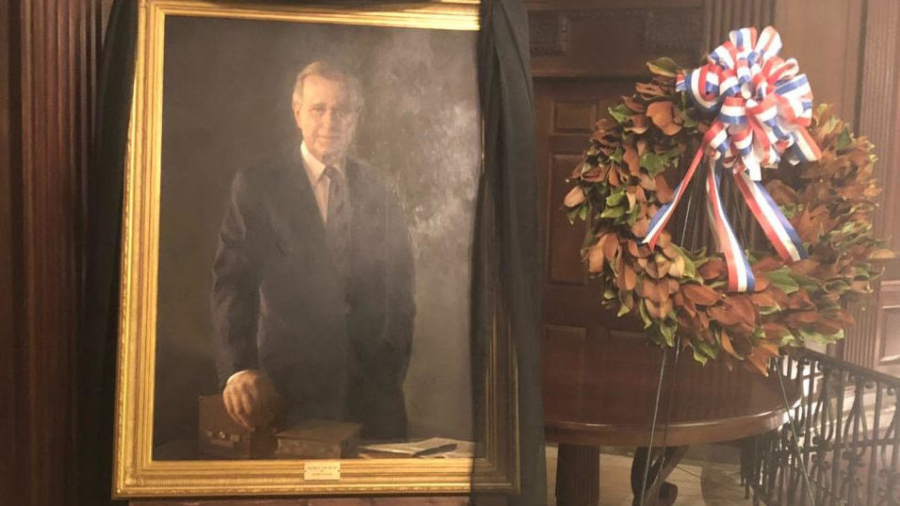Congresswoman Ilhan Omar’s recent remarks about Israel’s involvement in US affairs has sparked outrage in our government. In one of her statements to Congress, she said, “I want to talk about the political influence in this country that says it is OK for people to push for allegiance to a foreign country.” Without ever attacking Jews or Judaism itself, she has been labelled as “anti-Semitic.” Pro-Israel lobbying groups quickly went up in arms to attack her, and multiple people have called for her to be removed from the Foreign Affairs Committee. President Trump even tweeted a response in which he called her comments reflective of a “dark day for Israel.” A picture of Omar has gone viral that depicts her in front of the burning buildings from 9/11.
Despite receiving an inordinate amount of criticism, Omar has not retracted her comments or stepped down from her position on the Foreign Affairs Committee. Plenty of Democrats have voiced their opinions against her, despite belonging to the same party. Several days after Omar’s remarks, a resolution was passed to denounce anti-Semitism and overall hate, which includes anti-Muslim rhetoric as well.
I recently spoke to someone who highlighted something I had never thought of before. When someone says something against Jews or Judaism, they are labelled as anti-Semitic. The use of the prefix “anti” indicates that the person who is committing the action is in the wrong. They are against something that they should not be against. When there is anti-Muslim rhetoric; however, it is most often labelled as Islamophobic. The suffix “phobia” implies that it is not necessarily wrong for someone to be against Islam. In fact, the use of this term categorizes Islam as something to be afraid of, like the dark or spiders. A person who is Islamophobic is seen as a good person who is rightly afraid of something, whereas an anti-Semite is a bad person who is against something good. The usage of these terms are not an accident, and it is clear that there are political associations with both words.
Ilhan Omar brought to light an important matter concerning our country’s undying loyalty to a foreign nation, yet she was attacked for doing so. The U.N. recently found that Israel intentionally shot children, journalists, and the disabled during protests in Gaza; yet, we see more outrage when someone questions our national loyalty than the murder of innocent people. It is clear that there is a major issue with the way that the US blindly supports Israel and its policies, and I hope that Ilhan Omar will not be the last one to call attention to this problem.
Similar Read: Ideas Make This Country Great


